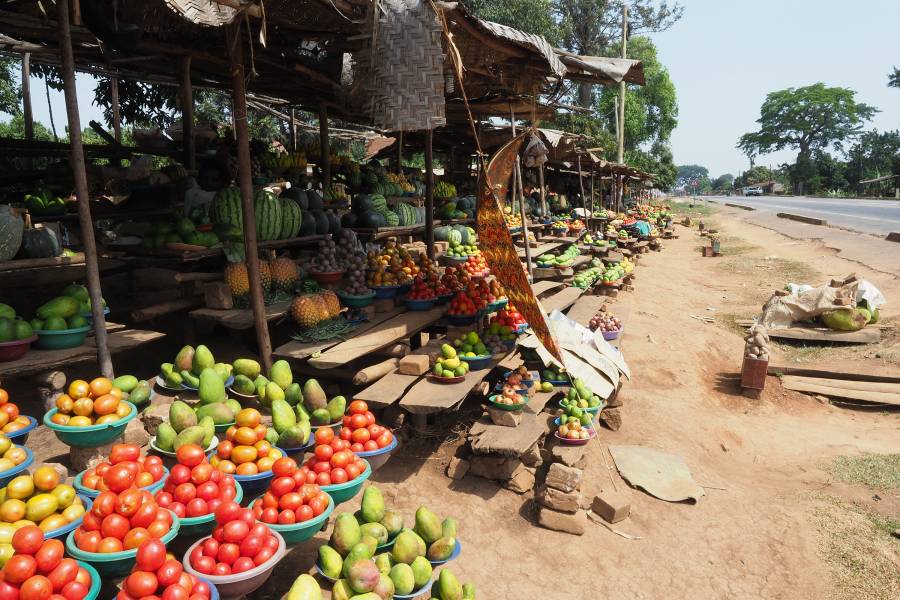A recent survey in four African countries has shown the covid19 pandemic has led to harsh economic and health consequences for women. The survey reported significant impacts on both food security and household income. Additionally, the women reported that social distancing is difficult and they avoided seeking medical care due to fear of being infected with the virus.

The survey results show significant impacts of COVID-19 on food security—measured as one or more household members going 24 hours without food—and income. In all geographies, 75% or more of women reported that their household lost at least partial income since the start of the COVID-19 restrictions. Complete loss of household income ranged from 16% in Burkina Faso to 62% in Kinshasa, DRC. “While the women we interviewed have health concerns, our results show that the immediate concern for many is how to feed their family,” said Elizabeth Gummerson, deputy director of the technical unit of the Institute for Population and Reproductive Health.
While the virus continues to negatively affect countries worldwide, citizens of already impoverished nations are disproportionately affected. Just as the virus has aggravated and exposed existing inequalities in the United States, its effects have highlighted serious global injustices worldwide. Nations already struggling with poverty, food insecurity, and negative health outcomes are being further devastated by the virus. Moreover, women are predictably disproportionately affected. The biomedical principle of justice requires urgent attention to global health injustices.

